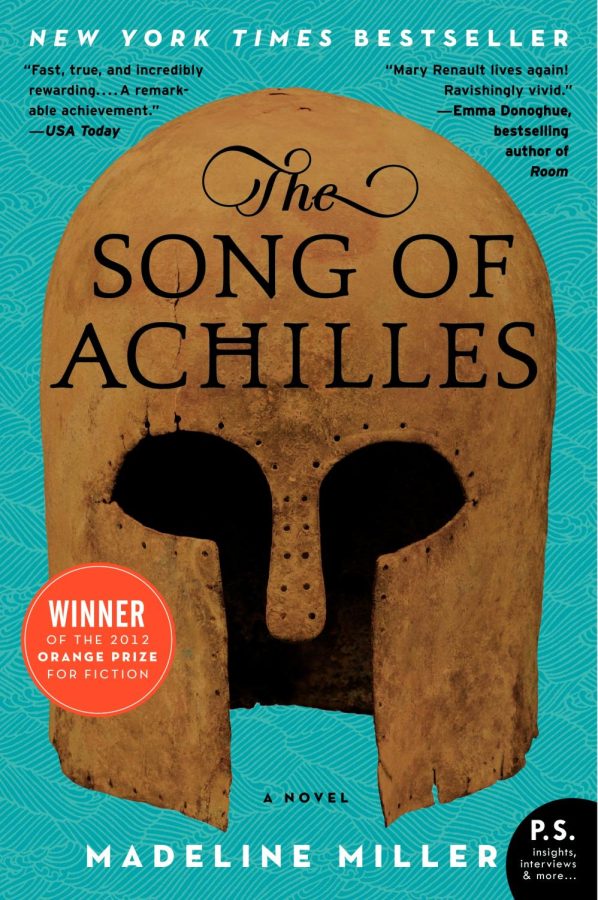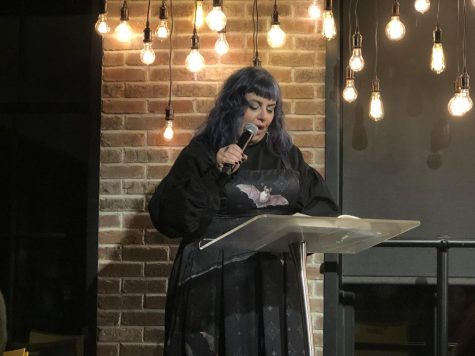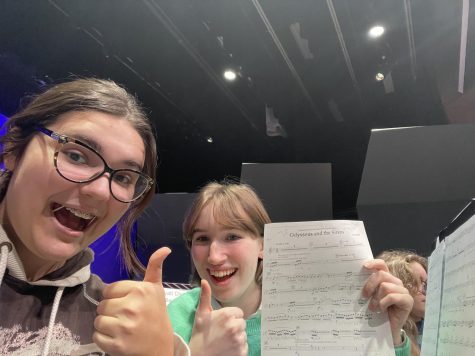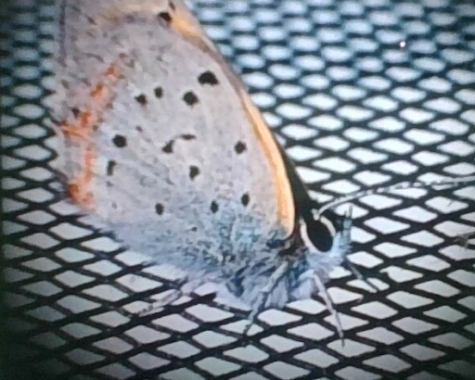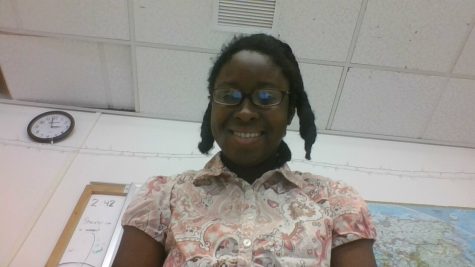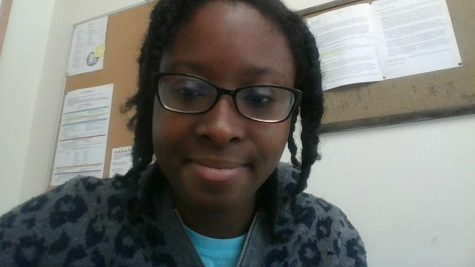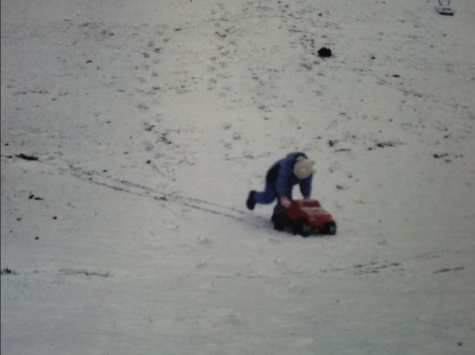Creation stories make for great reading
With the rising popularity of the Greek myths through various types of media, including Percy Jackson by Rick Riordan and Madeline Miller’s books, I’ve been thinking a lot about the similarities between different mythologies and religions.
Two in particular are the Greek myths (Hellenism) and Christianity due to their intertwined history, as well as the fact that they are both very ancient religions.
Both stories start with a being that had no beginning, and who created the first things.
In Christianity this is, of course, God. In Hellenism, this is Khaos/Chaos, the embodiment of the void and nothingness. Then comes the creation of the earth, or Gaia (although things go slightly differently depending on the version of the Greek myth you look at).
At this point in both stories, all that exist are this original being (God, Khaos); the Earth/Gaia (who is the being representative of the Earth); in most versions of the Greek stories one of the deities of Love (Eros), and part of the Underworld (Tartarus or the Abyss, depending on the version you read).
Khaos also creates Erebus (the deity of darkness) and Nyx (goddess of Night). The two then procreate and Hemera (the embodiment of the Day) is born.
This lines up well with Christianity. After the Earth is created and darkness covers it, God creates light, separating it from darkness and creating night and day. At this point, the first day is done.
On the second day in Christianity, God creates a dome over the earth, which is the sky. Yet again, the same progression is made in Hellenism, as Gaia gives birth to Uranus (the embodiment of the sky). Once the Sky has been created, then the waters and land are separated on the surface of the Earth, just as Gaia and Uranus have the Titans, their first set of children. One of these was Oceanos, the Titan of the Seas. There was no Titan of the land, probably because Gaia already mostly represented this.
This is one moment where the stories finally diverge, because aside from the lack of mention of a god of the dry land, there also was not yet a god of plants quite yet, while plant life is the next step in the Christian story of creation.
The stories reconnect quickly, though, as the next step in both is the creation of Time.
In the Christian version, day and night are used to create a way of tracking time, and the greater and lesser lights are also created (the sunlight of the day, and moon/starlight in the night). In Hellenism, Kronos is the Titan ruler of time and the final Titan to be born. Not only that, but there were two Titans of Light, as well as lesser Titans of the Sun and Moon.
Here the stories diverge again, although this is mostly because the Greek stories spend a lot more time on the relationships between the gods, the births of the first six Olympians, the overthrowing of Kronos, and the Olympians’ rise to power. Once this has happened, the stories connect back up in the same place that the Christian story left off.
Poseidon becomes the god of the sea in place of Oceanos, which can be connected to the creation of sea life, and Demeter’s existence can be connected to the next day’s creation of land creatures.
Next in Christianity is the creation of humans in God’s image, which connects well to Prometheus’ creation of humans from clay who resembled the gods. Prometheus also gave them fire however (which earned him punishment from Zeus; the eternal regeneration and devouring of his insides by an eagle every day), which is what allowed them in Hellenism to advance further, similarly to the eating of the apple in Christianity.
There can be further comparisons to Adam and Eve as well. The other part of Zeus’ punishment for the humans’ possession of fire according to some myths, was the creation of Pandora (the first woman according to Hellenism) and her box. She was told not to open the box, but curiosity got the better of her eventually (just as Eve was eventually tempted to eat the apple), and when she opened it, all kinds of bad things escaped into the world, such as plague, misfortune and sorrow (but also hope).
I personally find these things fascinating. I’m a huge lover of Greek and Roman mythology, so it’s interesting to see the similarities between those and Christianity because of its huge influence over the modern and ancient worlds, and the historic but more recent increase in influence of Hellenism.
With that said, I have a few reading and listening suggestions for anyone else who loves all things mythology!
My current favorite book is The Song of Achilles by Madeline Miller, a retelling of the original myth. Told from the perspective of Patroclus (Achilles’ lover) perspective, it follows the lives of those two through childhood and the Trojan war. Unlike the popular understanding of the story, Achilles’ weakness has nothing to do with his heel. Instead, it’s Patroclus.
Madeline Miller writes in an amazing style, and this story is heart wrenching, but worth the read. I would not suggest it to anyone not ready to handle an intense story, however. You can find more information about Madeline Miller and her books on her website.
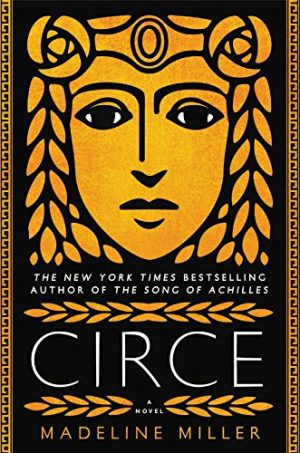 Circe, also by Madeline Miller, is another amazing and already popular book, this time a feminist story about a goddess who is not born into her power like other gods.
Circe, also by Madeline Miller, is another amazing and already popular book, this time a feminist story about a goddess who is not born into her power like other gods.
In a time where women did not have much power, and where lesser gods could be punished for acts against the stronger, Circe learns to benefit from her banishment, and the ignorance of the gods, and finds her own kind of power without the need for divinity.
You can also find more information about this book on Madeline Miller’s website.
Another great feminist book is Ariadne by Jennifer Saint. This book follows the original myth of Theseus, killer of the Minotaur, but instead of following the monster slaying hero, the story follows Ariadne after Theseus’ abandonment of her on Naxos, the island of Dionysus.
It also follows Ariadne’s sister, Phaedra, who was wed unhappily to the hero in her place.
Find out more about this book on Jennefer Saint’s website.
Another mythology books include one I will be finishing soon: Stone Blind by Natalie Haynes, which retells the story of Medusa.


